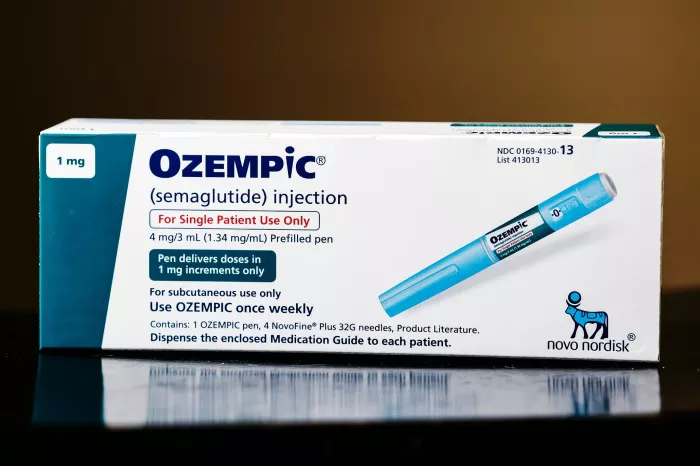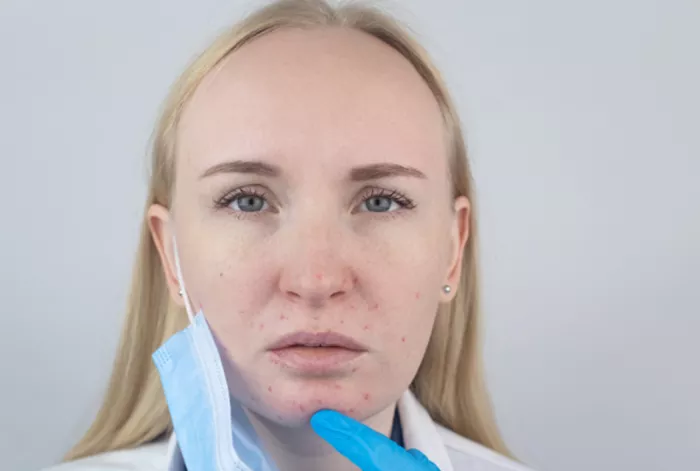Dartmouth researchers have conducted the first clinical trial of a generative AI-powered therapy chatbot, Therabot, and found that it significantly improved participants’ mental health. The results, published on March 27 in NEJM AI, show that users experienced substantial reductions in symptoms of depression, anxiety, and eating disorders, and reported that they trusted and communicated with the AI similarly to working with a human therapist.
The trial involved 106 participants from across the United States diagnosed with major depressive disorder, generalized anxiety disorder, or eating disorders. Participants interacted with Therabot through a smartphone app, responding to prompts about their feelings or initiating conversations when needed.
Those with depression saw a 51% average reduction in symptoms, while anxiety symptoms decreased by 31%. Participants with eating disorder risks experienced a 19% reduction in body image and weight concerns. These improvements were significantly greater than those seen in a control group.
Nicholas Jacobson, senior author and associate professor of biomedical data science and psychiatry, explained that while AI-powered therapy still requires clinician oversight, it could offer real-time support for the many people without regular access to mental health professionals.
“We see potential for generative AI to help provide support for the millions of people outside the in-person care system,” Jacobson said. However, he stressed the need for continued research into AI’s safety and efficacy in mental health.
The trial involved four weeks of unlimited access to Therabot for the experimental group, with a control group of 104 participants receiving no access. Participants using Therabot experienced meaningful symptom reductions, similar to traditional therapy, with the average participant engaging with the app for six hours during the trial—equivalent to about eight therapy sessions.
The study also found that participants formed a strong “therapeutic alliance” with Therabot, an important factor in effective therapy. Many users initiated conversations with the chatbot and reported using it during difficult moments, such as late at night.
While promising, the study highlights the need for rigorous safety protocols in AI-driven mental health tools. Michael Heinz, the study’s first author, emphasized that AI must be closely monitored to ensure it responds appropriately in high-risk situations, such as suicidal ideation.
Therabot, developed at Dartmouth since 2019, has been continuously refined with input from psychologists and psychiatrists. The research team remains committed to ensuring the safe and effective use of AI in mental health, especially as generative AI becomes more prevalent in the field.
Related Topics

































